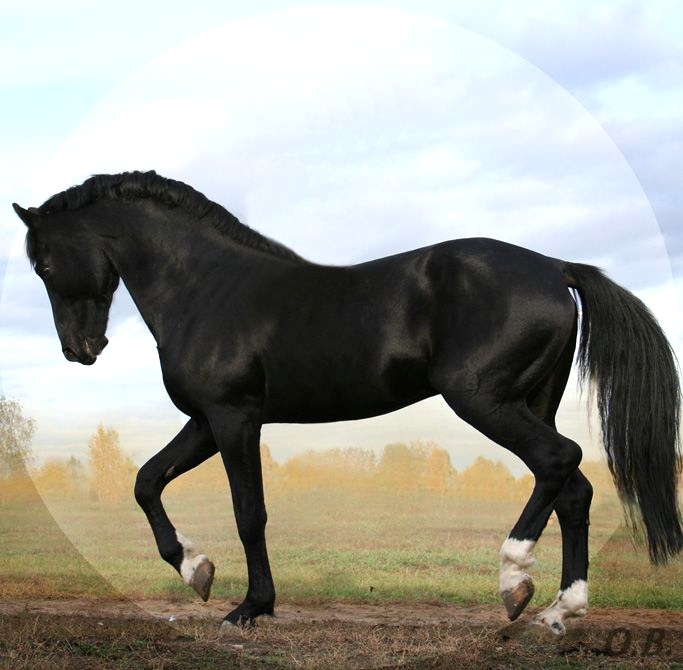Vitamin D is an essential nutrient for horses, as it helps to maintain healthy bones, teeth, and muscles. However, if your horse is deficient in vitamin D, it can lead to a variety of health issues. Knowing the signs of vitamin D deficiency in horses can help you detect and treat it before it becomes a problem.
⭐⭐⭐⭐⭐

⭐⭐⭐⭐⭐

What is Vitamin D?
Vitamin D is an essential fat-soluble vitamin that is necessary for horses to maintain healthy bones and muscles. It helps with calcium absorption, which is important for strong bones and teeth. Vitamin D is synthesized in the body from exposure to sunlight, and can also be obtained from certain foods such as alfalfa, grains, and fish oils.
Causes of Vitamin D Deficiency
Vitamin D deficiency in horses can be caused by a variety of factors, including inadequate exposure to sunlight, inadequate dietary intake, malabsorption, and liver or kidney disease. Age can also be a factor, as older horses may have decreased ability to synthesize vitamin D.
Signs of Vitamin D Deficiency
There are several signs that can indicate a vitamin D deficiency in horses, including:
Muscle Weakness:
One of the most common signs of vitamin D deficiency in horses is muscle weakness. This can manifest as difficulty standing, difficulty rising from a lying position, and difficulty with coordination.
Lameness:
Lameness can be a sign of vitamin D deficiency in horses, as it can cause the bones and joints to become weak and unable to support the horse’s weight.
Weight Loss:
Weight loss is another sign of vitamin D deficiency in horses. This can be caused by a decrease in appetite due to muscle weakness, as well as malabsorption of vitamins and minerals.
Lethargy:
Lethargy is a common sign of vitamin D deficiency in horses. They may appear to be less energetic than usual, and may not be as interested in their surroundings or activities.
Skin Problems:
Vitamin D deficiency can also cause skin problems in horses, such as dry skin, hair loss, and itching.
Diagnosis and Treatment
If you suspect that your horse may be vitamin D deficient, it is important to have the issue evaluated by a veterinarian. They will be able to perform a physical exam and order blood tests to diagnose the issue.
Once a vitamin D deficiency has been diagnosed, treatment will vary depending on the severity of the deficiency. In mild cases, increasing the horse’s exposure to sunlight and providing them with a diet rich in vitamin D can help. In more severe cases, the veterinarian may recommend supplementing with vitamin D injections or oral supplements.
Conclusion
Vitamin D is an essential nutrient for horses, and a deficiency can lead to a variety of health issues. Knowing the signs of vitamin D deficiency in horses can help you detect and treat it before it becomes a problem. If you suspect your horse may be deficient in vitamin D, it is important to have the issue evaluated by a veterinarian as soon as possible.

